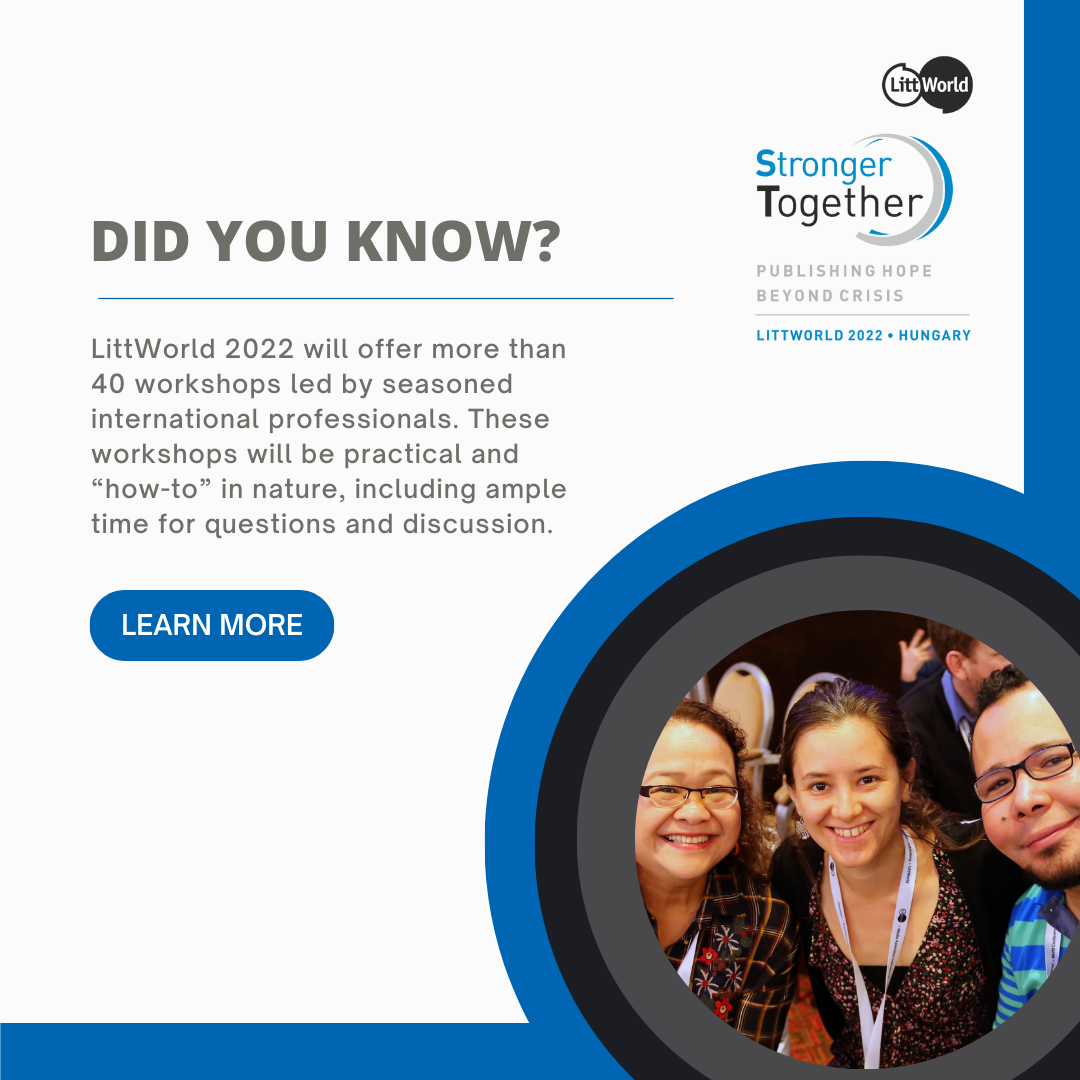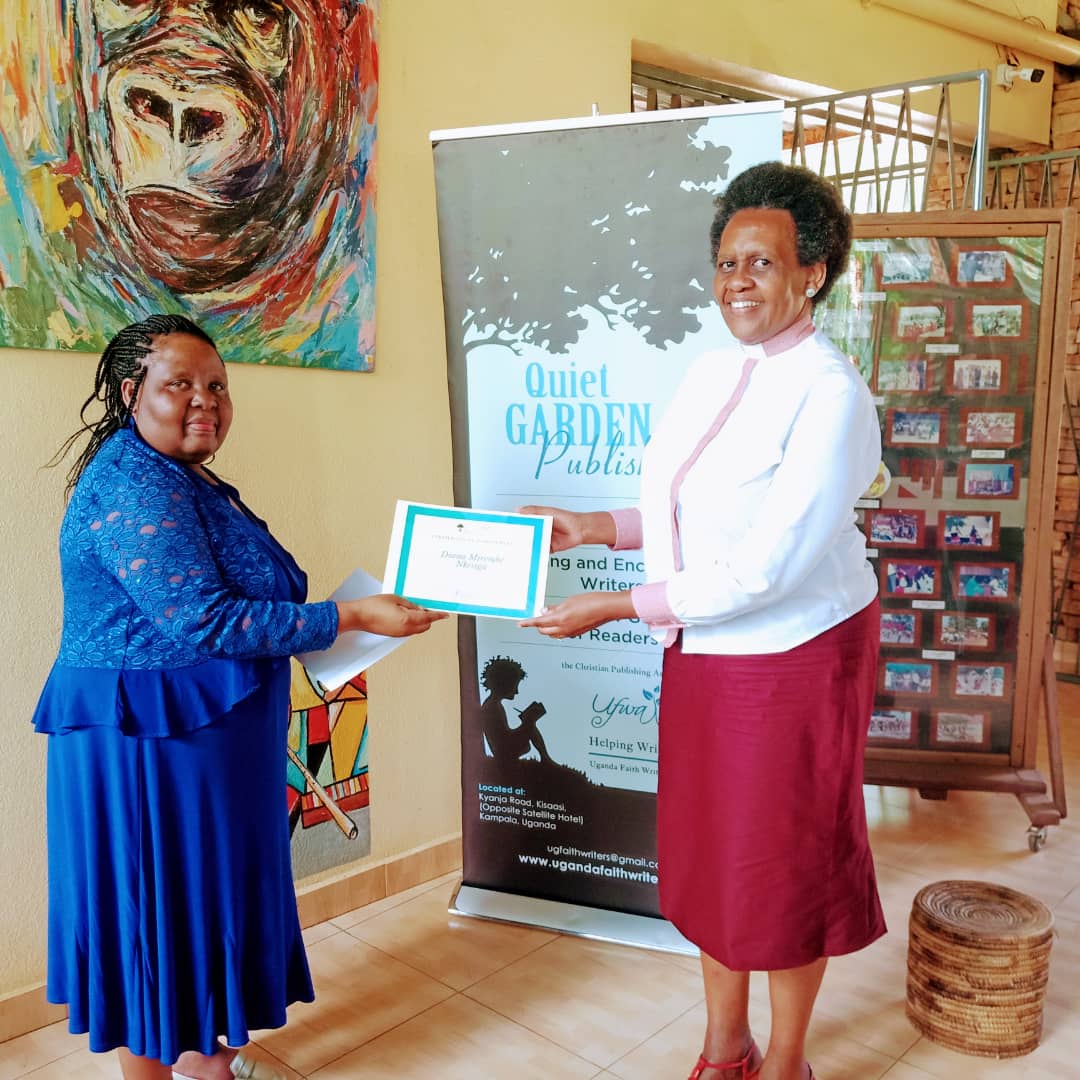Angus Crichton is the Global Advocacy Manager for the Society for Promoting Christian Knowledge (SPCK), a British Christian publisher and mission agency. He is also one of the founding partners of ATNP. He describes himself as a formerly unenlightened European who has spent thirty years being educated into the wonders of God on the great continent of Africa, including by supporting African Christian scholars on their research and writing journeys.
The following are three convictions about Christian publishing in Africa that have developed as he has listened, learnt, and facilitated scholars and writers.
1. Living libraries of African Christianity abound on every street corner
The African continent is the very opposite of the theological wasteland of the European imagination, waiting for outsiders to tell the African Christian story or donate theology brewed elsewhere. Theological creativity abounds at every turn and has done so for millennia. Christian answers to African questions are hammered out in pastoral practice, creative choruses, liturgical innovation, and classroom content. Heavy professional and personal responsibilities, a lack of experienced editors and a collaborative approach (see below) restrict this wisdom from being published for a wider audience, particularly beyond its country of origin. Based in the UK, I have access to four of the world’s great research libraries that are filled with titles on African Christianity. None of these compares to the living libraries for the study and reflection on African Christianity on every street corner, WhatsApp group, mission venture, radio station, congregation, and crusade. African scholars not only have access to these living libraries but eyes to see and ears to hear the wonders of God in their own languages.
2. Global structures are inequitably (or iniquitously stacked) against African Christian reflection and publishing
Despite African Christianity’s explosive growth and numerical weight globally, the resources to research and publish on African Christianity are still in the global north. I offer three examples out of the many I have encountered:
- Hans Zell, the doyen of African publishing studies, suggests that in excess of 10 million volumes are donated to the African continent each year. It is a miracle how much, not how little, is published on the African continent in the face of this tsunami of free literature.
- Four go-to, multi-author titles on African Christianity have been published in the global north in the last six years. Most essays are authored by Africans, in contrast to the handful in their 1960s counterpart. Yet these volumes retail for an average of $200 and with few practical ways to return them to African institutions.
- Recently, a Ghanaian Christian scholar tried to get his institution’s innovative theology titles onto ‘global’ print-on-demand publishing platforms. He wanted the world beyond Africa to sample theology brewed in an African pot and receive sales revenue from global markets. One platform only allowed agreements to be signed by publishers in South Africa but no other African country. Another insisted sales revenue was sent to a European or North American bank account. With apologies to George Orwell, ‘All countries are equal, but some countries are more equal than others.’
We all have our own specific stories that point to the same trend: the theological knowledge ecosystem favours the global north over the south. Despite this, innovative African theological publishers have published African Christian thought on the continent, with resources and infrastructure that would stop their global-north equivalents in their tracks.
3. Collaboration and innovation rather than competition and replication must characterize African Christian publishing
Kyama Mugambi, the editorial manager of the African Theological Network Press (ATNP), laments that African theological publishing operates within confessional and denominational silos, even within the same country, as do global-north publishing ministries and funders. One close friend told me that in practice, theological institutions in his country compete for students, staff, international partnerships, and funding. Consequently, an intra-institutional theological publishing consortium, while welcomed in theory, fell apart in practice. We reproduce publication formats (the journal article, the essay, the monograph) and publication models from the global north that are falling apart there — European libraries baulk at a $260 price tag for a volume of essays on African Christianity. Instead, we need to come together and grapple with new formats and collaborative publishing models, exploiting the digital turn. Publishing, by its very nature, demands collaboration, both to bring the different streams of African Christian thought into conversation and to expand markets, which in African scholarly publishing are small and sell through slowly.
“These convictions are not just mine,” Crichton concludes, “they are shared by the four institutions that came together to form ATNP and to put them into practice. We welcome others to join us to make African Christian thought available from across Africa and beyond.”
Africa Speaks Community offers a platform where you can network with other players in the publishing industry and an online forum where important ideas and common publishing challenges are discussed.

 Rev. Diana Mirembe Nkesiga receiving her award
Rev. Diana Mirembe Nkesiga receiving her award 